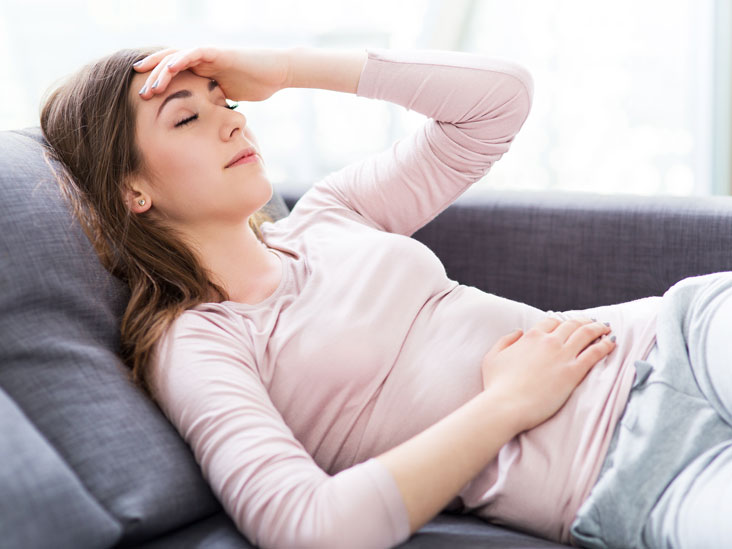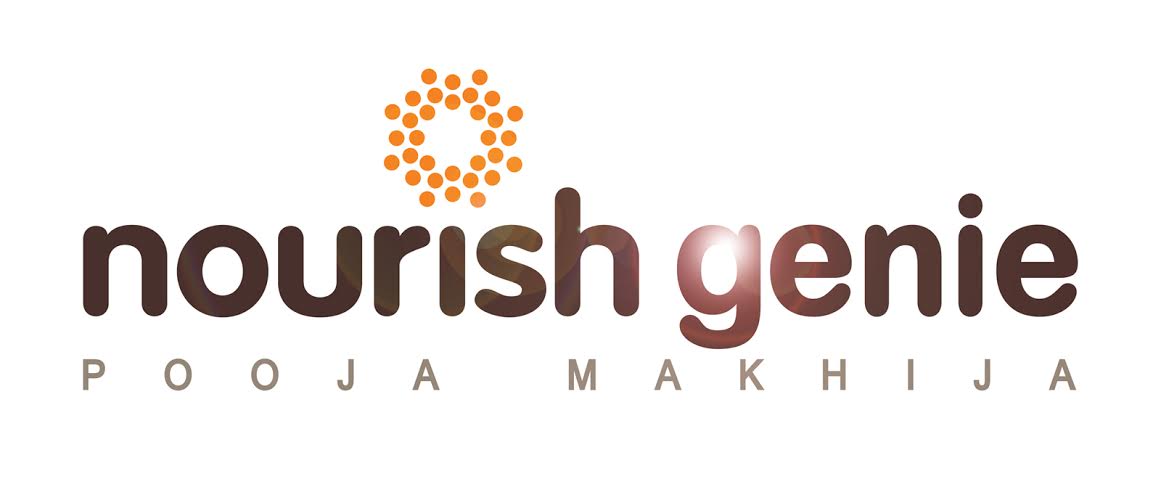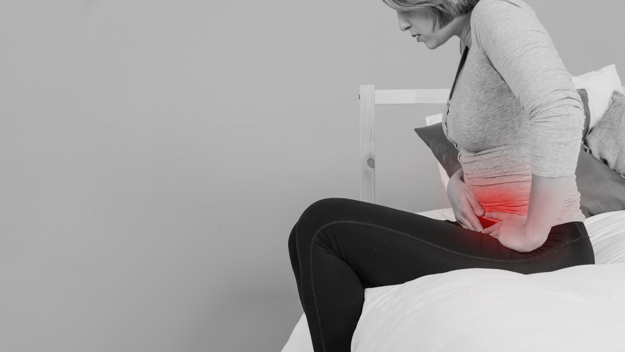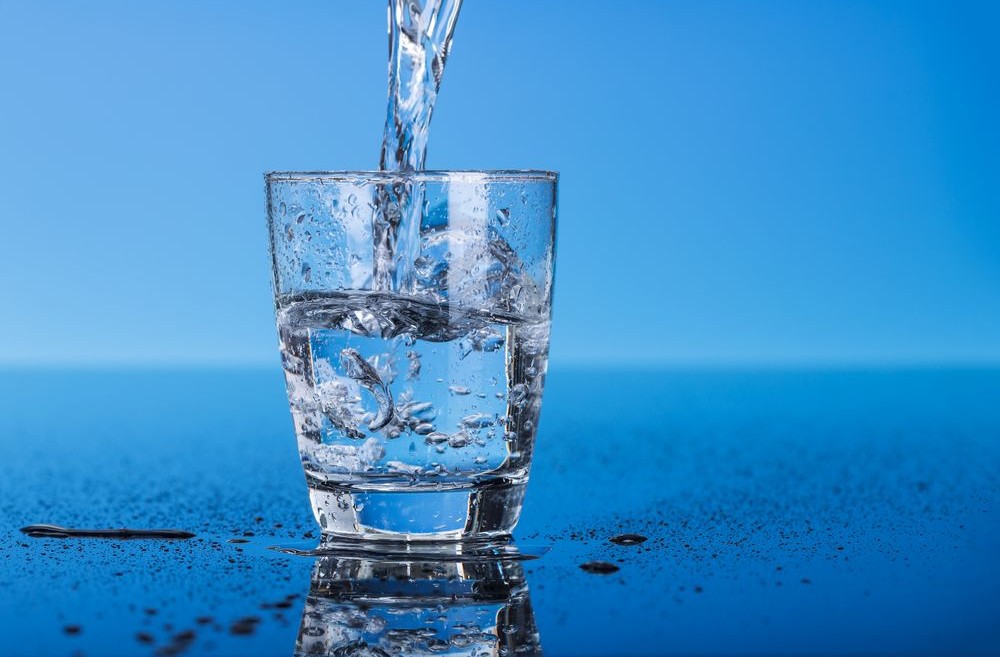Dear Pooja,
My 17-year-old daughter suffers tremendously during her menstrual cycle every month. During those days, she barely eats and says most foods make her feel nauseous. Are there foods that will help ease her symptoms? Should she avoid certain foods? Does staying active help? Please advise.
Painful periods is a very common problem among teenage girls and women which hinder their normal school related, household or job work. Although some pain during periods is normal, excessive pain is not. The medical term for the same is dysmenorrhea.
Now the diet during these days is the most important and not eating is going the make the symptoms of discomfort worse. A diet rich in carbohydrates (roti, rice, bread, puha, upma and the like) having a good focus of good quality protein (egg whites for non vegetarians and soya, quinoa, pulses for the vegetarians) helps to continue the wear and tear functions of the body smoothly which is high during monthly menstruation due of uterine wall breakdown. So make sure you feed her some of these foods in the any form that she likes – the cuisine, style of cooking and taste can be adjust to suit her taste buds but eating is most essential.
A diet rich in vitamin B6 or pyridoxine helps ease period pain. Include fish, beef, starchy vegetables like potato, banana , rice, fortified cereals in your diet to get good quality B6 or even a supplement (50-100mg) a few days prior to, during and 3-4 days post completion of your periods every month is a good way to alleviate this pain. Among other aids – a warm water bag or heating pad applied to the lower belly area, light circular massage on the abdomen, warm beverages, warm shower or bath and light exercise all help to ease the pain. Good luck!
Ever wondered why you feel bloated and puffy, as though you have gained inches overnight? Do you find that your rings are suddenly too tight on your fingers? Or that just gently pressing your skin leaves dents? And even your shoes don’t seem to fit? These could be symptoms of oedema or water retention.
Most of us retain water, but within normal parameters. Women are more prone to water retention because it is a symptom of Premenstrual Syndrome (PMS).However, water retention could also be a symptom of kidney disease or heart, liver or thyroid malfunction. So, if you feel you have bloated too much, get yourself checked.
HOW TO DEAL WITH EXCESS WATER RETENTION

DRINK MORE TO LOSE MORE. To significantly reduce the amount of water being retained by your body drink more water. It’s a bit of a contradiction. Here’s what happens… the more water you drink, the more your body will flush out. This is one of the most effective ways to combat water retention. Ten or 12 glasses a day ought to do the trick.
EAT SMART. Diets low in sodium (avoid table salt, pickle, papad, cheese, butter or processed food), and high in potassium (bananas, peaches, plums, musk melons, raisins) help maintain correct electrolyte balance within the body, preventing puffiness. Diuretic fruits (cranberries, vitamin C-rich oranges, limes and other citrus fruits) along with diuretic vegetables (cucumber, lettuce, celery, tomatoes, cabbage, carrots and peppers) help maintain the correct osmolarity within your cells, preventing them from retaining excess water. Some studies show that vita min B6 tablets (pyridoxine) and primrose oil capsules have the same benefits.
CUT BACK TO LOSE MORE. Additionally, avoiding alcohol and caffeinated beverages, anti-in flammatory drugs and oral contraceptives also help reduce water retention in the body.
GET OUT, GET MOVING. Exercise works wonders. Also, avoid standing for long periods, don’t wear tight clothes and keep your legs raised as and when you can to avoid discomfort.


